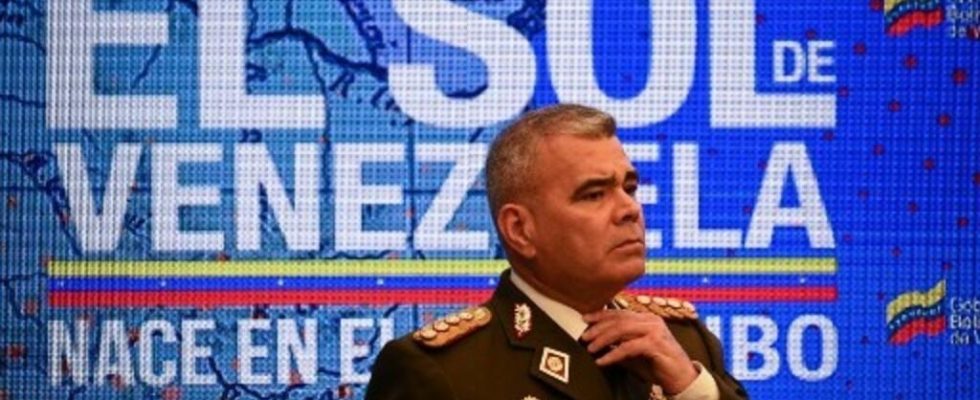Venezuelans will vote this Sunday, December 3, on whether or not to annex the border region of Essequibo, which represents two-thirds of Guyana, bordering Venezuela. While Guyana threatens to install military bases there, the tone has been rising for several weeks in this conflict which has lasted for a century, revived by the exploitation of large oil fields discovered a few years ago. This Friday, the International Court of Justice ordered Venezuela to “ refrain from any action » which would change the situation. Interview with Thomas Posado, doctor of political science and specialist on Venezuela.
3 mins
RFI: Tensions between Venezuela and Guyana have escalated, culminating in the referendum on the annexation of Essequibo this Sunday, December 3. How did we get here ?
Thomas Posado: I see two main reasons. First, the discovery of oil fields and progress in the exploitation of this oil. Guyana has awarded concessions to the Exxon Mobile company. This made Venezuela’s claim to this territory very concrete. Because if this region is exploited, it is difficult to see how Venezuela could recover it. And the second reason is linked to Venezuelan domestic politics. There will be a presidential election on 2e semester 2024. So this referendum allows President Nicolas Maduro to mobilize the Venezuelan population on an issue that is very old and very consensual. Opponents and supporters of Nicolas Maduro converge on the fact that, according to them, this region belongs to Venezuela.
RFI: And is this actually the case?
Venezuela believes this territory has been stolen. In fact, it was taken by the English in 1840. And since that date, this area appears on all official maps of Venezuela. All children grow up seeing the map of their country with this area, Essequibo, claimed by Caracas. For Nicolas Maduro, calling a referendum on this aspect allows the Venezuelan population to rally behind him. Even more, it even allows him to divide part of the Venezuelan opposition on the question of knowing what strategy to adopt between a referendum that legitimizes Nicolas Maduro and abandoning a very old demand deemed just.
RFI: We can easily imagine that the “yes” vote will win this Sunday. In this case, what will happen next?
Hard to say. Of the five questions asked of Venezuelans, there is one about not trusting the International Court of Justice to decide this dispute. Venezuela will undoubtedly withdraw from this mediation body. Will the government use it as a propaganda tool, for national mobilization? Will it even go beyond that, with possible military skirmishes? I don’t think the latter scenario is realistic, because Venezuela is still a country in crisis, starting with an economic crisis. But it is also difficult to imagine a negotiation. Venezuela’s position is legitimate, from a historical point of view. Today, this territory belongs to Guyana, it is 60% of Guyana’s territory and it is difficult to see the State of Guyana giving up 60% of its territory. Nicolas Maduro’s strategy beyond this referendum is not very clear. One of its objectives, I think, is to mobilize a number of voters greater than that of the Venezuelan opposition primary.
Read alsoVenezuela holds referendum on Essequibo annexation
